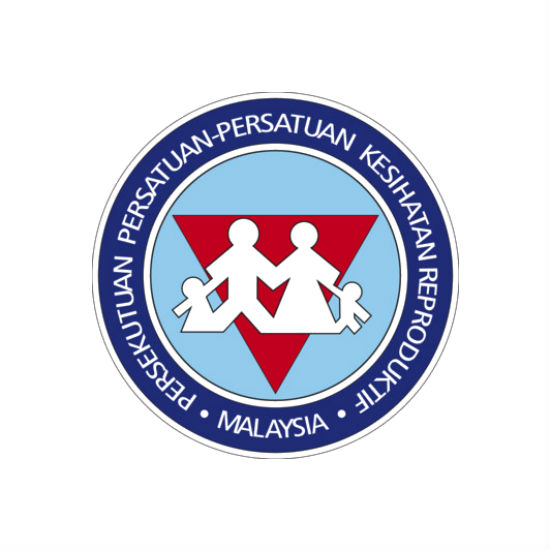

| 31 March 2016
Federation of Reproductive Health Associations, Malaysia
The Federation of Reproductive Health Associations of Malaysia (FRHAM) is 1 of the 3 main implementing agencies involved in Malaysia’s national family planning programme. It delivers a broad range of services through a sophisticated and extensive network of 39 permanent clinics, 356 mobile facilities and 205 community-based distributors/community-based services (CBDs/CBSs). Services include sexual and reproductive health (SRH) consultation assistance and prescribing, contraceptive advice and fertility management, and the promotion of women’s independence through economic/work-based initiatives. FRHAM also undertakes work with specific, marginalized groups which face particular SRH challenges, as exemplified by a community-based project in the Malaysian aborigine village of Kampung Tisong, in the Perak district. Here poverty, malnutrition, illiteracy, isolation and under-provision were responsible for, and caused by, a whole range of SRH problems, which FRHAM counteracted through the provision of education, facilities and training. Contacts Website; http://www.frham.org.my/index.php Facebook: https://www.facebook.com/Friends-of-FRHAM-361982067245823 Twitter: https://twitter.com/FRHAM

| 31 March 2016
Fianakaviana Sambatra - Madagascar Association
Relative to much of Africa, Madagascar has high levels of contraceptive use, but high birth rates coupled with endemic poverty and limited government-led sexual and reproductive health (SRH) provision mean that child mortality and maternal death figures are high. Fianakaviana Sambatra (FISA) has been fighting since 1967 to improve the nation’s SRH through advocacy, education and direct service provision. Currently, it runs 67 service points, including: 11 permanent clinics, 3 mobile units and 12 community-based services (CBSs), across 6 of the country’s regions. FISA works with 5 associated clinics and 29 private practitioners. FISA has 70 full-time staff, 184 peer educators, and a youth action movement made up of 42 members. FISA delivers a wide range of services: family planning, prevention and management of HIV and AIDS and the provision and dissemination of comprehensive SRH materials. FISA has used its on-the-ground experience to advise government on national SRH policy. It has partnered with the Ministry of Health, Family Planning and Social Protection, and the Ministry of Youth to advocate for a concerted approach to resolving the critical SRH issues currently facing the country. At the same time, it works with non-governmental organizations (NGOs) such as Marie Stopes International, and the ASSONG coalition of NGOs. FISA receives financial support from UNFPA, the Big Lottery Fund, Amélioration de la Qualité De Services, the EU and IPPF’s Japan Trust Fund. It’s also closely connected to other organizations promoting SRH rights across the country and the region.







